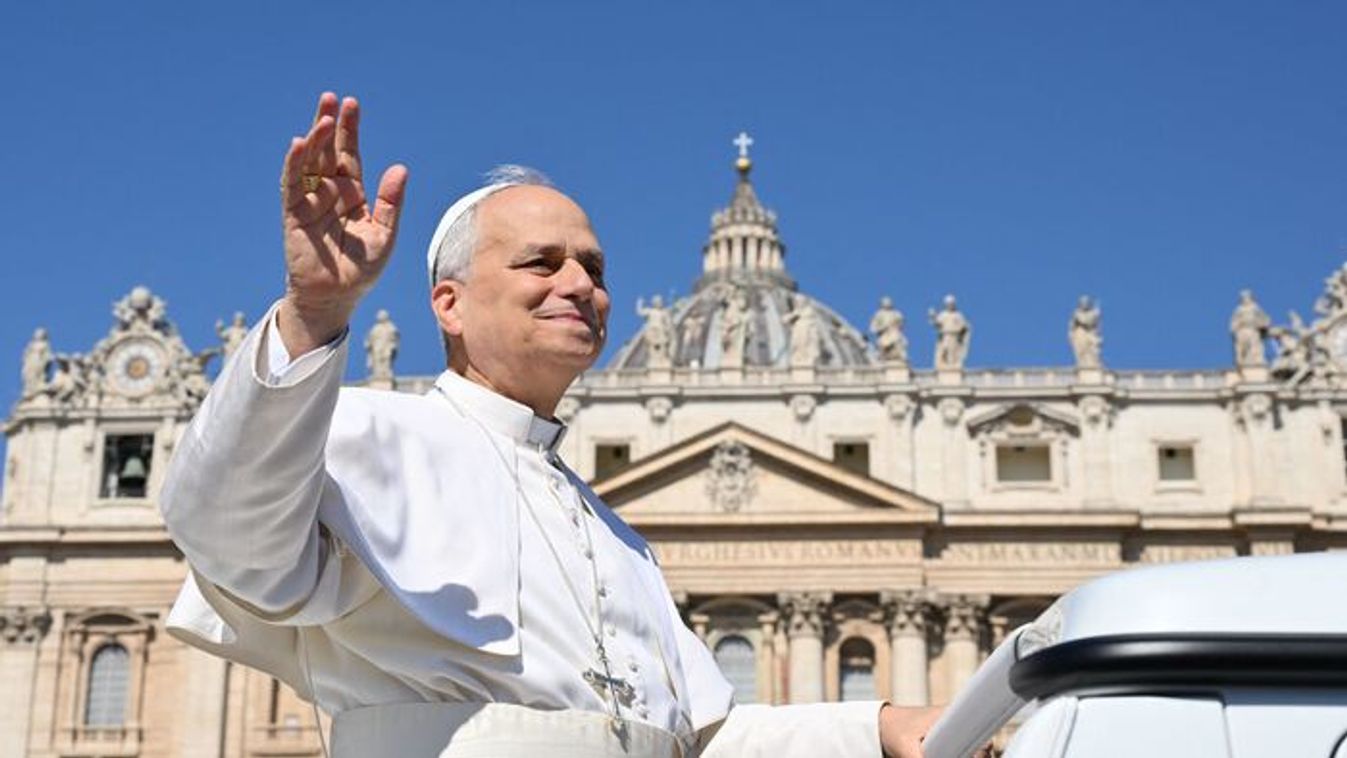Törölni akarják a keresztelési adatokat Belgiumban – a püspökök a pápához fordultak

A belga világi bíróságok adatvédelmi okokra hivatkozva a keresztségi anyakönyvek törlését követelik, az egyház azonban ragaszkodik a történelmi nyilvántartásokhoz.

Bezák informed the nunciature in Slovakia and the Vatican secretariat of state about what he believed to be Sokol's malfeasance. And he also requested an apostolic visitation of the archdiocese. But he obtained the opposite of what he was expecting.
In effect, Archbishop Sokol, in addition to being suspected – like many others – of collaborating with the secret service of the previous communist regime, had been hit by a crescendo of accusations concerning the administration of the assets of the archdiocese, which he had put under his name and which only he could control.
These were significant sums, of several million euro, coming from the restitution to the Church of property that had previously been confiscated by the communist regime, from donations from wealthy Slovaks residing in the United States or other countries, and from returns on financial investments abroad. (...)
According to the final report of the visitation, Bezák, after firing all of the administrative personnel of the archdiocese in office with his predecessor, had entrusted the substantial diocesan portfolio to two commercial companies, Ninett and Hanalex, created and directed by two administrator friends of his, Ondrej Studenec and Anna Húst'avová, already responsible for the slipshod management of the assets of the neighboring diocese of Banská Bystrica, where Bezák was a pastor before being promoted as archbishop of Trnava.
The fact is that in a few months of management, before the relationship with Ninett and Hanalex was broken off, these two companies accumulated a debt with the archdiocese of almost 600,000 euro, for loans not repaid and revenue not deposited. A debt that the Vatican authorities view as "unrecoverable."
But no less grave are the doctrinal and disciplinary failures that the Vatican authorities have detected in Archbishop Bezák.